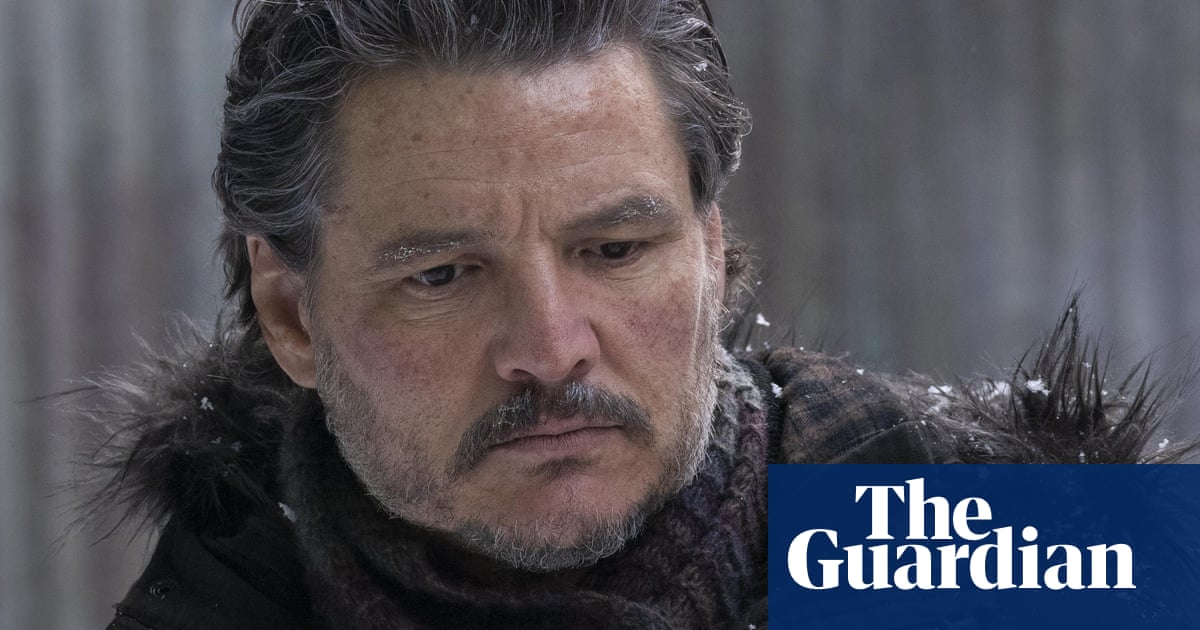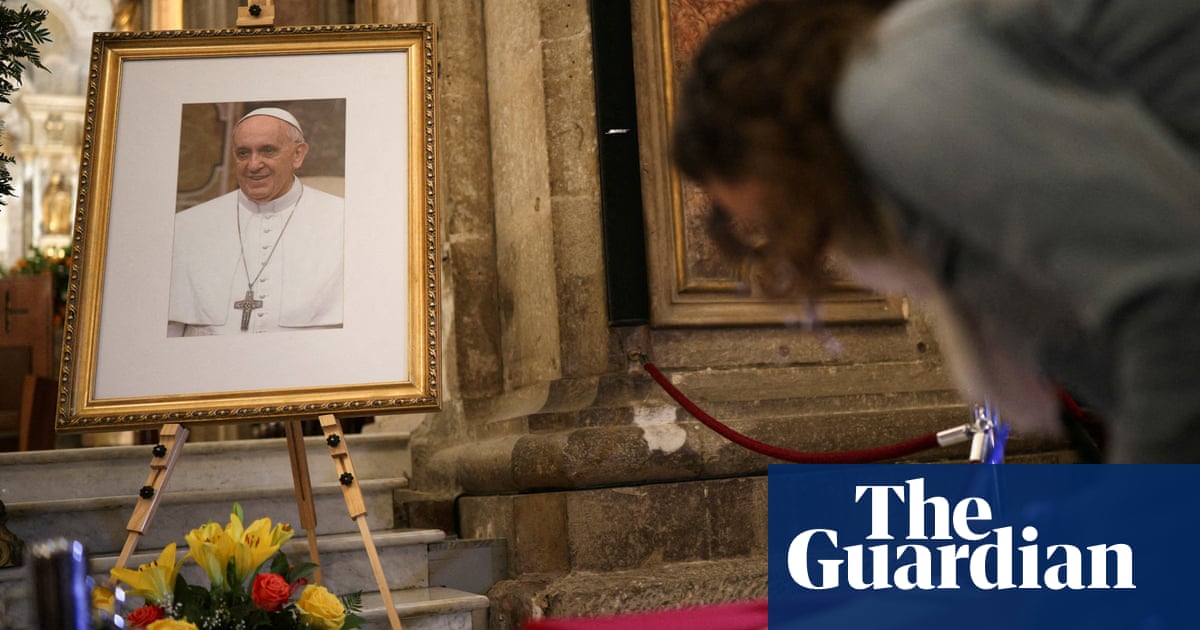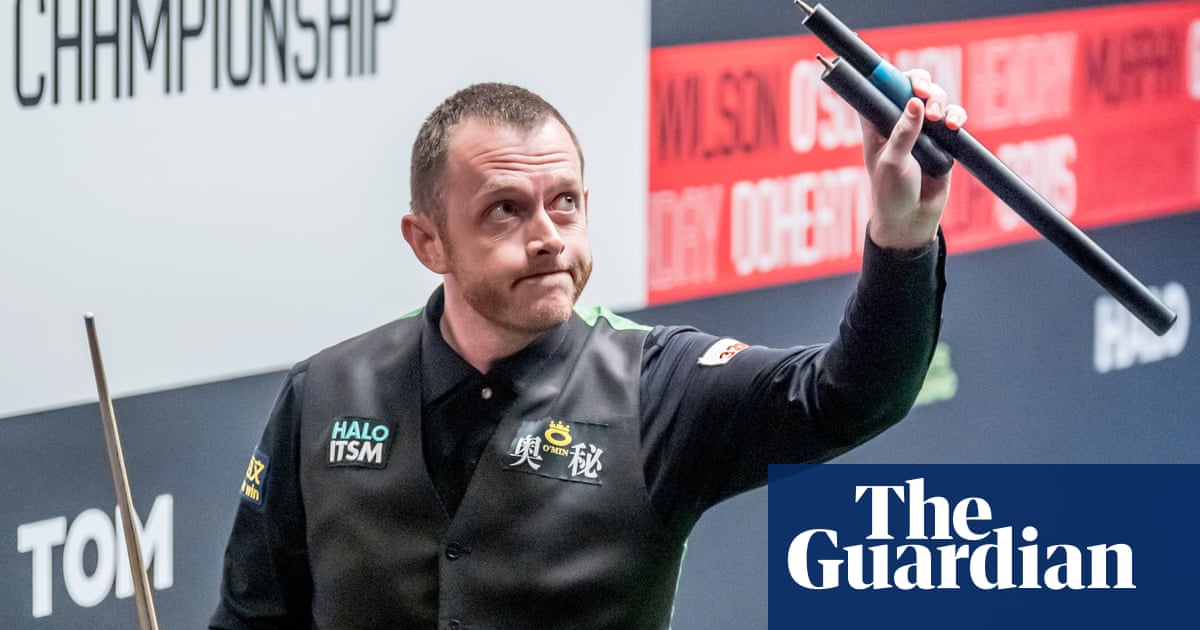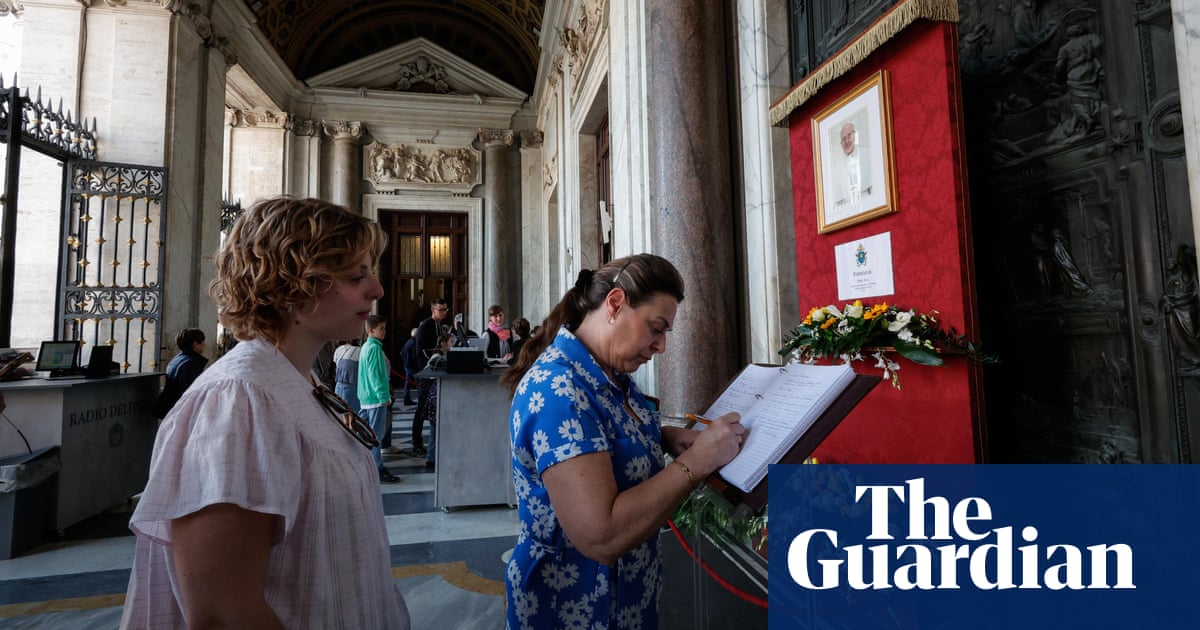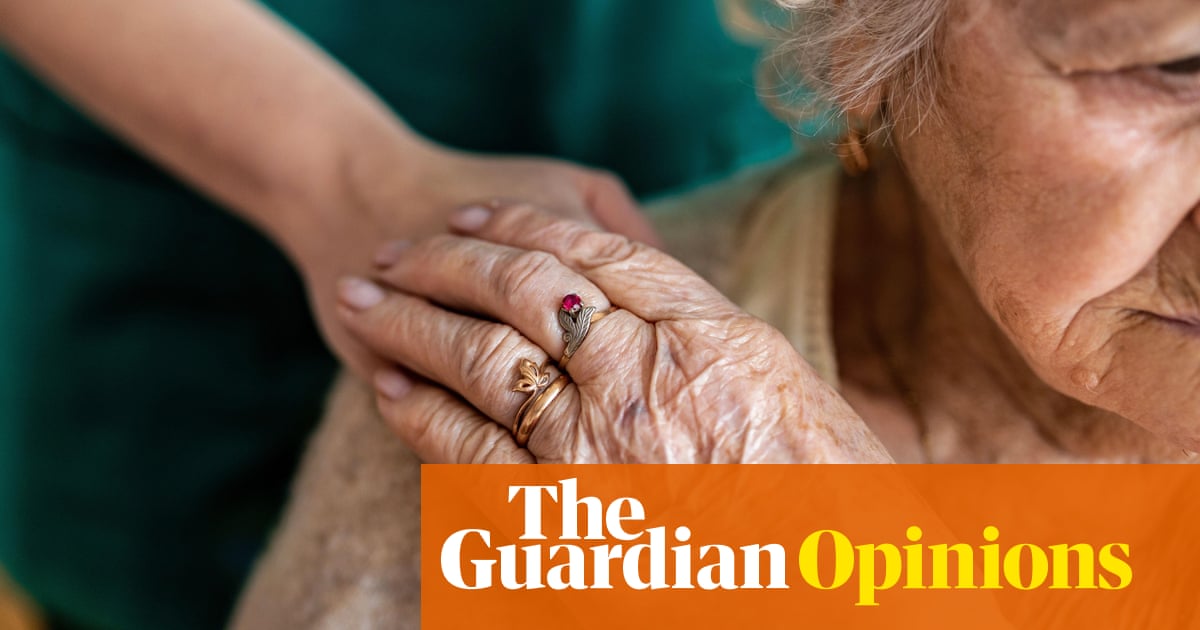Like many British schoolchildren, Ava Pickett chanted the “Divorced, beheaded, died” rhyme about Henry VIII’s six wives – and it has stayed in her head ever since. So much so that her play 1536 pivots around the last days of the second wife, Anne Boleyn. Pickett’s history lessons covered Boleyn’s magnificent rise – which sparked a passion so great the king bent constitutional law to marry her – as well as the torrid details of her downfall and beheading. Pickett believed the “facts” (that Boleyn committed treason, that she slept with her brother) until she didn’t. “The older I got,” says the 31-year-old, “the more I thought, ‘I don’t buy that.’”
Named after the year of Boleyn’s death, 1536 comes at the queen’s story sideways. She is not seen on stage but is talked about by three young women who meet in an Essex field, in between work, to quibble and gossip about men, haircuts and the king’s bride. Their predicaments gain chilling resonances as the local men become more puritanical, mirroring the patriarchal violence of Henry’s court.
This is not Pickett’s first foray into historical drama – she has also written for Hulu series The Great, based on the life of Catherine the Great. She says 1536 grew from her interest in “the whispered conversations between women” about Boleyn. “‘Do you think she did it, though?’ ‘Do you really think he’s going to kill her?’” Another oblique question was what the king’s marriage has to do with them. “That’s something I really care about,” says Pickett. “The way it permeates day-to-day lives.”
By “it” she means misogyny and the trickle-down effects of patriarchy, which, she makes clear, is not just the stuff of historical drama. “For me it’s absolutely about now,” she says. “Of course it is. We still lower our voices and say, ‘He did this thing – do you think that’s weird?’ We still question ourselves … There are men in positions of power who have done absolutely terrible things to women. What does it mean to watch them get elected or re-elected?”
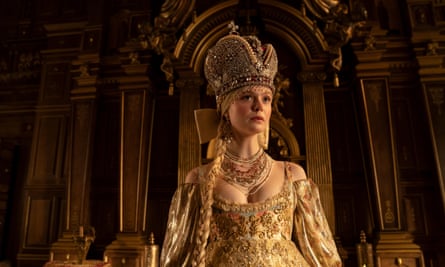
While writing the play, the misogyny around her became so glaring that she couldn’t unsee the way it filtered through society. “I’m interested in the subtlety [of it] and the way that men can change the air in a room,” she says. “It’s hard to name, hard to call out.”
1536 won the Susan Smith Blackburn prize for female, transgender and non-binary playwrights in 2024. At the ceremony, Pickett called it “a love letter to friendship”. She has a circle of female friends, some of whom she has known since school. This isn’t as cosy as it sounds. These friendships, as glorious as they are, come with prickly edges: “I feel so known by them and it can feel dangerous when you’re fighting with someone who has known you since you were 14.”
This is the side of “sisterhood” that is not always acknowledged, she continues, because as women “you’re meant to be on the same side”. In 1536, Pickett felt “a need to explore the ugliness of friendship. I think this idea that ‘We’re best friends and we’ll always be best friends’ in sisterhood is so untouchable. But it just isn’t true. You have to really work at your friendships. That’s beautiful, but it does also means that there are moments of real savagery.”
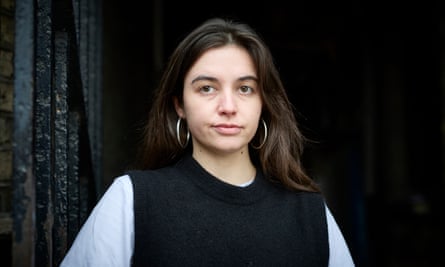
Pickett started out wanting to act. Born in Essex, she was one of the first in her family to go to university (at Middlesex), and followed up her theatre degree with a master’s from the Central School of Speech and Drama. “That was great but when I came out it went so badly. I was one of the only people not to get an agent, I didn’t know anyone in the industry, I was working in a cinema and had no money, so eventually I had to move back to Clacton. I was so embarrassed. I had made such a big deal about going to uni and wanting to be an actor.”
And yet, at her lowest ebb, she started to write a sitcom, Essex Girls, about an eldest daughter who goes to London to realise her dreams and comes back having failed. “I’d auditioned for a producer a couple of years earlier and still had his email so I wrote saying, ‘Could you read it?’ He read it and said, ‘You have to come back to London.’”
She did, and Pickett has straddled the worlds of theatre and TV ever since. She currently has a satire in development with Derry Girls’ Lisa McGee. “I have been incredibly lucky in that I have benefited from people holding the door open,” she says. “It’s so easy to back people when they’ve had some success. If you believe in someone’s talent, you should get behind them. A producer got behind me with Essex Girls and it changed my life. My agent got behind me and it changed my life. Think about how many people would have kept going if someone had got behind them early.”
-
1536 is at the Almeida theatre, London, 6 May-7 June

 3 weeks ago
16
3 weeks ago
16
